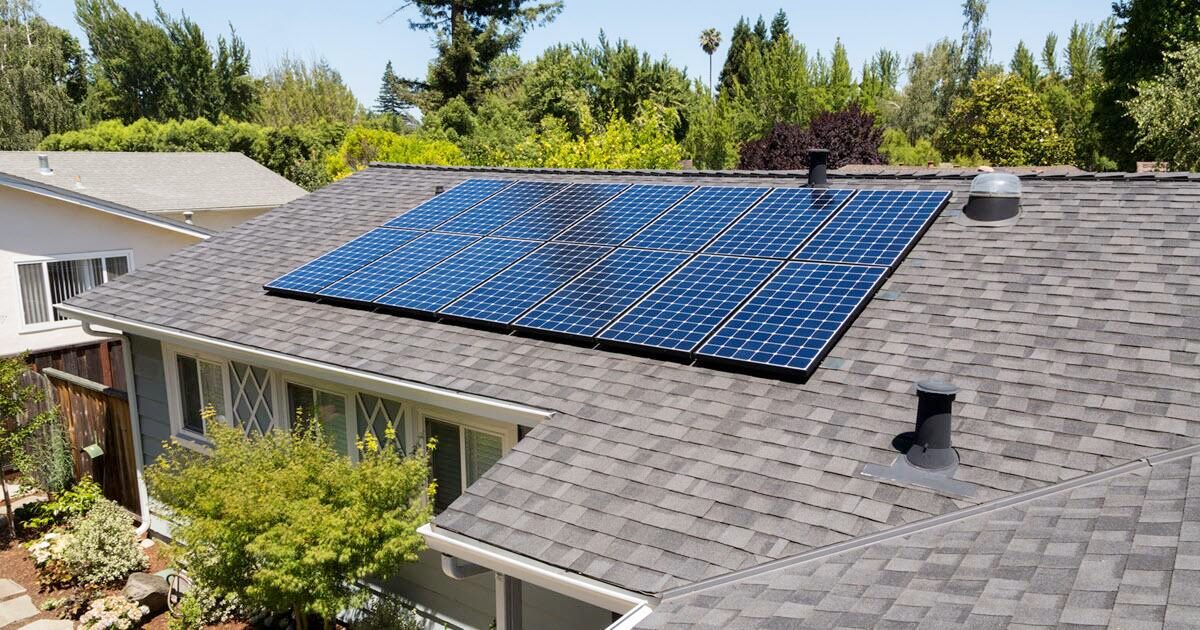Solar panels can be curved to a certain extent, but there are practical limitations to the amount of curvature that is feasible. Here are a few reasons why solar panels are typically not highly curved:
1. Efficiency: The shape and design of solar panels are optimized to maximize their efficiency in converting sunlight into electricity. Solar cells within the panels are typically arranged in a grid pattern, and a curved surface can disrupt the uniform distribution of sunlight across the cells. Curved panels may result in inconsistent light absorption, reducing overall efficiency.
2. Structural Integrity: Solar panels need to withstand various environmental conditions, including wind, snow, and hail. Flat or slightly tilted solar panels provide better structural integrity and resistance to these external forces. Highly curved panels may be more susceptible to damage or deformation under harsh weather conditions.
3. Manufacturing Challenges: Curving solar panels requires specialized manufacturing processes, which can be more complex and costly compared to the production of flat panels. It can also introduce additional challenges in terms of maintaining consistent electrical connections and ensuring proper sealing to protect the cells from moisture or other environmental factors.
Although highly curved panels are not commonly used, there are some exceptions. Certain specialized applications, such as solar-powered vehicles or unique architectural designs, may utilize curved solar panels for specific purposes. However, these cases often involve custom designs and manufacturing processes tailored to the specific requirements of the application.
It's worth noting that there are alternative technologies, such as flexible solar panels or solar shingles, that are designed to conform to curved surfaces more easily. These options provide greater flexibility in terms of installation on curved or irregular roof structures, but they may have different characteristics and efficiencies compared to traditional rigid solar panels.
Ultimately, the choice of solar panel design depends on factors such as the installation location, available space, efficiency requirements, and budget constraints. Consulting with a professional solar installer can help determine the most suitable solar panel options for your specific needs and circumstances.


 Xiamen TopFence Co.,Ltd.
Xiamen TopFence Co.,Ltd. No. 77, LingXia South Road, Huli District, Xiamen City, Fujian, China
No. 77, LingXia South Road, Huli District, Xiamen City, Fujian, China Tel: +8613365923720
Tel: +8613365923720
 Email: info@xmtopfence.com
Email: info@xmtopfence.com
 IPv6 network supported Sitemap
| XML
| Blog
| Privacy Policy
IPv6 network supported Sitemap
| XML
| Blog
| Privacy Policy


